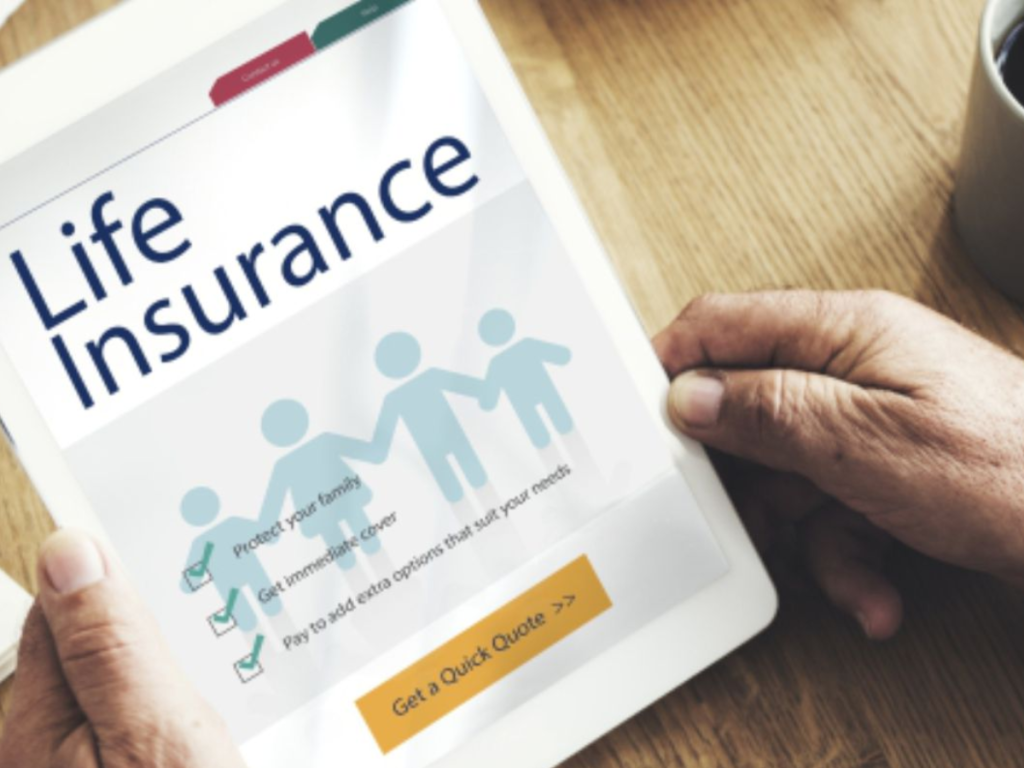Introduction
Every traveler dreams of the perfect vacation—picture-perfect sunsets, rich cultural experiences, and moments of bliss away from the daily grind. You’ve likely spent months planning your itinerary, booking accommodations, researching local cuisines, and maybe even brushing up on a foreign language. But amid the excitement of adventure and discovery, there’s a crucial element that often gets overlooked: travel insurance.
While it may seem like an unnecessary expense or an afterthought in the grand scheme of trip planning, travel insurance can be the lifeline that saves you from financial devastation when things go wrong. From canceled flights and lost luggage to unexpected illnesses or accidents abroad, travel insurance isn’t just a “nice-to-have”—it’s a vital part of smart, responsible travel.
The Real Cost of Traveling Without Insurance
Many travelers gamble with their vacations by skipping insurance, assuming they won’t need it. The truth is, no matter how meticulous your plans are, life is unpredictable. A volcanic eruption halfway across the world can ground your flight. A sudden illness can force you into a foreign hospital where your regular health insurance offers no coverage. A missed connection can lead to cascading travel disruptions that eat into your budget and your peace of mind.
Here are a few examples of how skipping travel insurance can lead to massive financial losses:
- Medical Emergencies Abroad: In many countries, you’ll be expected to pay for medical care out-of-pocket if you don’t have insurance. A simple broken arm can cost thousands of dollars. A medical evacuation, especially from remote areas, can easily reach $50,000 or more.
- Trip Cancellations: Non-refundable plane tickets, hotel bookings, and pre-paid tours can add up quickly. If you’re forced to cancel your trip last minute due to an emergency, that money is gone unless you’re insured.
- Lost or Delayed Baggage: Imagine arriving in a foreign country only to discover your bags have been delayed or lost. You’re now forced to repurchase clothes, toiletries, and essentials at premium prices.
In all these cases, travel insurance can help you recover your money and move forward with confidence.
What Does Travel Insurance Cover?
While coverage may vary by provider and policy, a good travel insurance plan typically covers the following:
- Trip Cancellation or Interruption: If an illness, injury, natural disaster, or other covered event forces you to cancel or cut your trip short, you can be reimbursed for non-refundable expenses.
- Emergency Medical Coverage: Pays for treatment if you get sick or injured while abroad. It can also include dental emergencies and emergency medical evacuation if needed.
- Baggage Loss, Theft, or Delay: Reimburses you for personal belongings that are lost, stolen, or delayed during your trip.
- Travel Delay Coverage: Helps cover additional accommodation or meal expenses if your trip is delayed due to weather, airline issues, or other reasons.
- Accidental Death and Dismemberment: Provides a lump-sum payment to your beneficiaries in case of death or serious injury while traveling.
- 24/7 Assistance Services: Many insurers offer concierge services, legal assistance, medical referrals, and emergency cash transfers, which can be invaluable in a crisis.
Some policies even go the extra mile to cover things like:
- Adventure Sports: For those engaging in high-risk activities like scuba diving or mountain climbing.
- Rental Car Damage: Covers costs in case of accidents involving rental vehicles.
- Pandemic-related Disruptions: Includes coverage for COVID-19 testing, quarantines, or cancellations.
Common Misconceptions About Travel Insurance
Despite the clear benefits, travel insurance is often misunderstood. Let’s debunk some of the most common myths:
“My credit card already provides travel insurance.”
Some credit cards do offer limited coverage for things like trip cancellation or rental car insurance, but it’s rarely as comprehensive as a dedicated travel insurance policy. Always read the fine print.
“I’m young and healthy—I don’t need it.”
Health status doesn’t make you immune to injuries, food poisoning, or accidents abroad. And remember, emergencies can happen to anyone, regardless of age.
“Travel insurance is too expensive.”
On average, travel insurance costs only 4–10% of your total trip cost. For a $3,000 vacation, that’s just $120 to $300—well worth the peace of mind and potential savings in an emergency.
“I only need it for international trips.”
While it’s more critical overseas, travel insurance can be beneficial even for domestic trips, especially for trip cancellations, weather-related delays, and medical emergencies if your existing health insurance has limitations.
Real-Life Stories: When Travel Insurance Saved the Day
Case 1: Medical Emergency in Thailand
Samantha, a solo traveler from Canada, fell off her scooter while exploring a remote island in Thailand. She fractured her wrist and required surgery. Without insurance, her hospital bill and air evacuation to Bangkok would have cost her over $12,000. Her travel insurance covered the entire amount.
Case 2: Family Emergency Before Departure
Mark and Julie had booked a two-week vacation in Europe. A day before their departure, Julie’s father was hospitalized. They had to cancel everything. Thankfully, their travel insurance reimbursed them for all non-refundable expenses—over $5,000.
Case 3: Lost Luggage in Paris
Amira’s luggage was lost en route to Paris. She had no clothes or essentials and had to purchase everything again. Her insurance company reimbursed her $800 for emergency purchases.
These stories are more common than you think. Travel insurance isn’t about planning for disaster—it’s about ensuring you’re not financially vulnerable if disaster finds you.
How to Choose the Right Travel Insurance Policy
With many providers and plans available, choosing the right one can feel overwhelming. Here’s what to consider:
- Coverage Limits: Ensure the policy covers at least $100,000 in emergency medical expenses and $250,000 for emergency evacuation.
- Pre-existing Conditions: Some insurers cover these if you buy the policy within a certain window after your first trip payment.
- Adventure Activities: If you plan on zip-lining, scuba diving, or trekking, check if your policy covers those activities.
- COVID-19 and Quarantine Coverage: Look for policies that explicitly state coverage for pandemic-related disruptions.
- Customer Service and Reviews: Choose an insurer with a strong reputation for customer support and claim processing.
Always read the terms and conditions carefully and don’t hesitate to contact the insurer to clarify any doubts.
When Should You Buy Travel Insurance?
Timing is crucial. The best time to buy travel insurance is right after you make your first payment toward the trip, such as booking your flight or hotel. Buying early ensures maximum coverage, including protection for pre-departure issues like cancellation due to illness, injury, or natural disasters.
Waiting until the last minute could mean you lose coverage for trip cancellations or miss out on benefits like pre-existing condition waivers.
What Travel Insurance Doesn’t Cover
While travel insurance provides broad protection, it’s not a catch-all. Here are a few things most policies won’t cover:
- High-risk activities without proper add-ons
- Alcohol- or drug-related incidents
- Unattended belongings theft
- Travel against government advisories
- Changing your mind or fear of travel
- Routine medical care or checkups
Understanding the exclusions is just as important as knowing what’s covered. Always read the policy document thoroughly to avoid surprises.
Peace of Mind Is Priceless
You insure your car, your home, and your health—why not your travel dreams? For most people, a vacation isn’t just a fun getaway; it’s a significant investment of time, money, and energy. Travel insurance ensures that investment is protected.
Beyond the financial safety net, travel insurance offers something even more valuable: peace of mind. Knowing you’re covered allows you to enjoy your journey without the constant worry of “what if something goes wrong?”
Final Thoughts
Travel is one of life’s most enriching experiences, but it isn’t without its risks. You can’t predict the future, but you can prepare for it. Whether you’re backpacking through South America, going on a romantic getaway to Paris, or taking the family on a beach holiday, travel insurance is your silent guardian.

